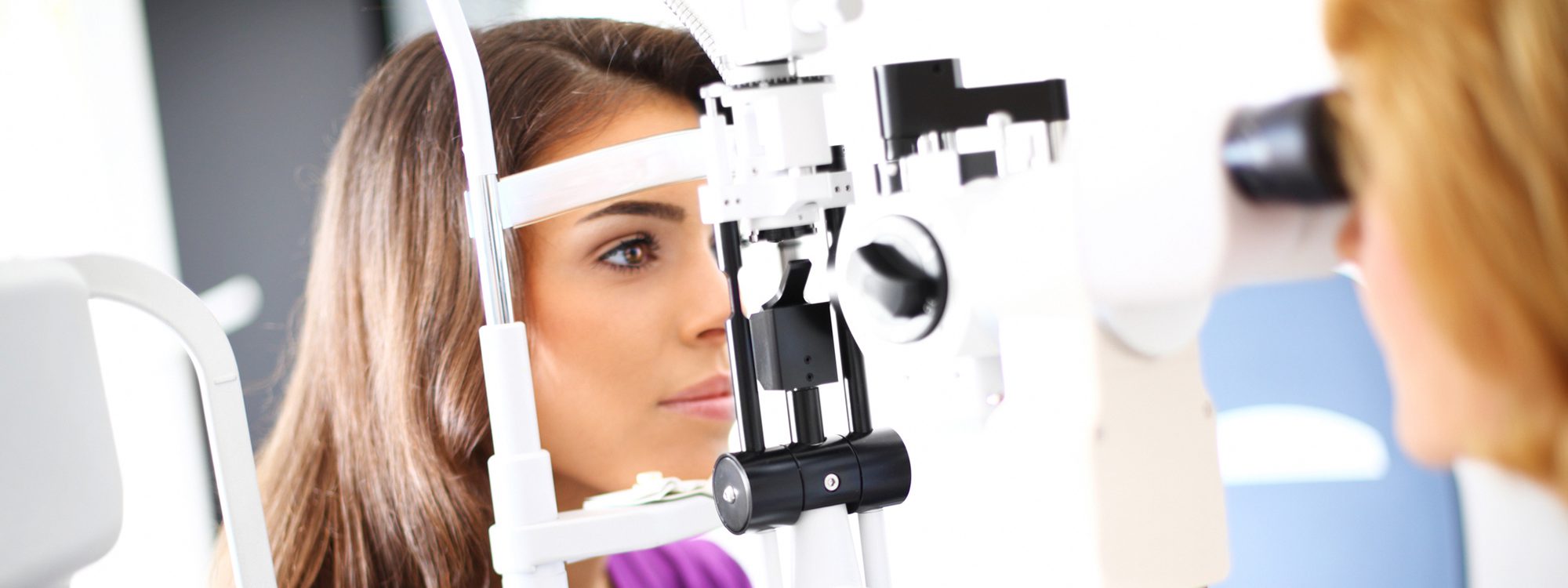Teenagers and Contact Lenses
Contents |
Teenagers & Contact Lenses
A recent study showed that children as young as 11 years of age are mature enough to handle contact lens regimens.
With the increasing popularity of contact lenses as an option for vision correction
teenagers are often eager to experience the benefits of contact lens wear. Many parents question the safety of wearing contact lenses at a young age and wonder if their teenager is ready to wear them. In fact
there has never been a better time to be a young contact lens wearer. Now
with lens care easier and more convenient than ever before
contact lens wear has become more of a possibility for teens
pre-teens
and sometimes even children.
Is my teen mature enough to wear contact lenses?
A recent study performed at the University of Indiana’s School of Optometry showed that children as young as 11 years of age are mature enough to handle contact lens regimens. Other reports have shown 9-year-olds to be fully capable. After six months of wearing
cleaning
and storing contact lenses – on average – the teenagers in the study successfully learned how to take proper care of them. As with any other life change
it takes time to settle in to a new schedule or routine. What is helpful is that certain disinfecting methods are now reduced to less than five minutes. In a surprise twist
the teenagers in the study ended up having more expertise and familiarity about the products than most adults. Any individual
including teenagers
interested in contact lenses must have a solid understanding about how to wear contacts safely and how to care for contact lenses.
In terms of anatomy
most optometrists believe that around the age of 11-13
an individual’s eye is developed enough to wear contact lenses (in fact
some babies even wear contact lenses). In order to determine if your teenager’s eyes are physically ready for contact lenses
it is best to book an eye examination with your eye care practitioner.
What kind of contact lenses are the best for teens?
Advances in technology make contact lenses convenient and easy to use
so caring for them is easier than ever. While you must care for them every day
there are multipurpose solutions that make cleaning
disinfecting
and storing your lenses easy. For an even more comfortable and convenient option
daily disposables can be worn for one day and then thrown away
so there’s no lens care or solutions. Daily disposable contact lenses offer one of the best choices for teenagers. This is just one option
though – there are many types of contact lenses out there.
How much are the lenses going to cost?
Of course
cost varies depending on the prescription
frequency of wear
and the type of contact lenses you choose. The cost of contacts is comparable to the price of an average pair of eyeglasses
but again
it depends on the above factors. As an example
daily disposables usually cost about $1 per day and are a little more expensive than other lenses
but are worth it in terms of cleaning
simplicity
and eye health. Lenses changed monthly are less than that
but involve a more time-consuming cleaning regimen. Rigid gas permeable lenses last longer than soft lenses and are routinely worn between 1 – 2 years before they have to be replaced. Discuss these options with your eye care practitioner in order to find the right kind for you.
Contact lenses vs. glasses
Contact lenses provide:
- increased self-esteem
- improved peripheral vision and less distortion
- greater comfort and convenience for sports and social occasions
- when you’re active contact lens don’t fog up or slide down your nose
Eyeglasses provide:
- a much less intensive cleaning procedure
- simplicity
- less risk of infection; greater oxygen to the eye
Both contact lenses and eyeglasses are beneficial in different ways. Contacts provide an alternative to glasses
since most teens might balk at the idea of wearing glasses at a time of social awkwardness; in this case
at least your teen will wear some sort of corrective eyewear. Without any corrective eyewear
performance at school may suffer. A variety of problems may also occur
including headaches and eyestrain.
Contact lenses do not replace the need for spectacles
and it is generally recommended that eyeglasses be worn at least some of the time to give the eyes some time to “breathe”. For teens who do not wear corrective lenses
but especially for those who do
follow-up eye examinations with your eye care practitioner are absolutely necessary. Teenagers’ eyes are prone to change
both in terms of size and changing prescription
so a pair of contact lenses that fit in the past may not fit now. Contact lenses are medical devices and should be used with responsibility and common sense.
If your teen has expressed interest in contact lenses
visit your eye care practitioner to see if they are appropriate for him/her
and if so
which kind is optimal.

